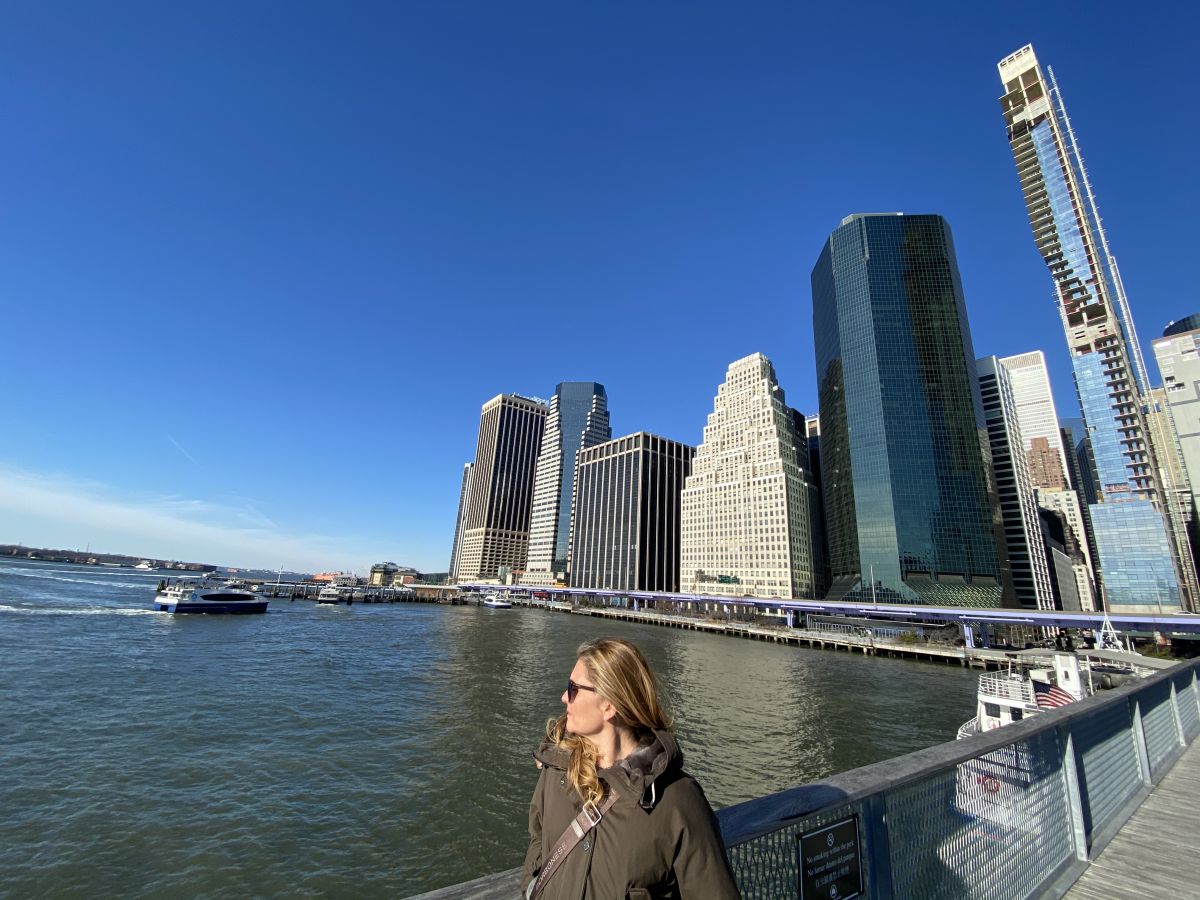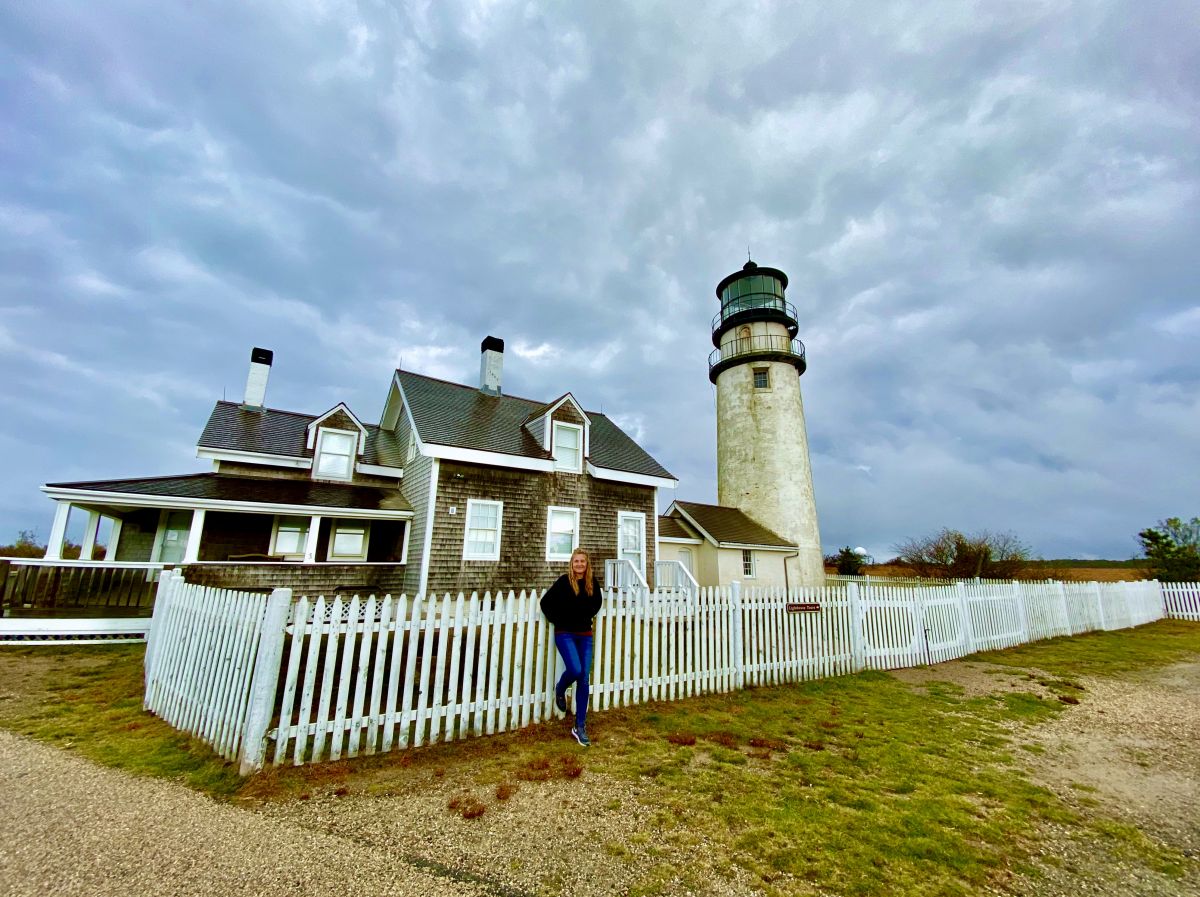


Canada is an expansive country filled with nature’s wondrous beauty, and getting to enjoy this magnificence is absolutely divine. However, traveling to Canada may require a bit of meticulous planning, including figuring out if you need an eTA Canada.
If you have no idea what that is, don’t worry. This article is created to help you allay some of your fears. These are the 7 things to know before visiting Canada, 7 tips that you need to keep in mind before you set off on your journey.
Foreign nationals from visa-exempt countries are required to have an eTA to fly to or transit through any Canadian airport. While American citizens do not need an eTA, they must show a valid I.D. or passport.
eTA Canada is obtained through the Government of Canada website, which details the requirements needed to fill the form. The online process takes minutes to complete, and costs CAD $7. The approval is usually received via email within minutes or up to 72 hours for some applicants. The eTA is electronically linked to your passport, so ensure that you enter the correct information. Always double check the information, and if you notice any errors in your eTA, you have to apply for a new one.
Normally the validity of the eTA Canada is five years, but if your passport expires before the 5 years are up, you have to replace the passport. Only then do you apply for a new eTA. However, holding an eTA doesn’t grant you automatic access into the country. The border agent will ask for the passport and other relevant documents.
It is worth noting that the eTA is not required if you’re traveling via land or water. This requires adherence to Canada’s border-crossing requirements.
When planning your trip, it is important to keep in mind that the climate and weather in Canada cannot be accurately predicted. The country is so large that different areas experience vastly different weather patterns at the same time of the year.
To be on the safe side, check the weather forecast of the region you’ll be visiting. Word to the wise: always include layers in your suitcase. For example, the Rocky Mountains may be warm during the day, but temperatures drastically drop in during the night.
The public transportation system in Canada is not as developed as it may be in some countries, especially in Europe. Outside the cities, the neighborhoods are spread far and wide, making private bus transportation a necessity. The bus and metro services are available in the cities, but navigating through the neighborhoods may prove more challenging.
ViaRail does offer cross-country services, but the cost is expensive. A five hour ride is bound to cost you over a hundred dollars. The vast fields, distances, and forests make it impractical to try walking from one place to the next.
Make plans to hire a car once you arrive. The cost of fuel and fees will be cheaper than relying on public transportation. Gas stations offer deals every day, and this saves on the cost of fuel. You also get to comfortably cover a lot of ground. Remember to keep on the right side of the road.
The price of accommodation in Canada is not cheap, and this may cause a big dent in your budget. While planning the trip, ensure that you check all the available accommodation options available. Hotel rooms and hostels are widely available in the major cities and tourist spots, so adjust your budget as you see fit. However, other services such as Airbnb and Couchsurfing may offer better deals.
Ensure that you can easily access the places you plan to visit if you plan on using public transportation. Extensive walking and hopping on and off trains and cabs may become frustrating and sour your experience.
All goods and services in Canada are subject to federal sales tax. Most provinces also charge their own tax, so be prepared to see up to a 15% sales tax on your bill. This means that the shelf price of an item does not reflect its final price. The taxes can also be added on your hotel and restaurant bills. Fortunately, there are various offers, specials, and deals daily, so keep an eye out for those.
Tipping is expected for services, usually 15% of the total bill. However, it is not unheard of to tip 20% for exceptional service. When dining in a larger group, the tip may automatically be included in the final bill. To be sure, ask your server about the restaurant’s policy. Tipping a lower amount after experiencing bad service is okay, but not tipping is considered rude.
When in a bar, tipping is not necessary, but it depends on the establishment. If you’re unsure whether to tip or not, just ask the bartender or doorman about it.
Travel insurance is especially important while traveling to Canada. The country’s healthcare system is hailed by many, but it is worth noting that it is only beneficial to Canadian citizens. If you happen to get sick or injured while visiting, this may cost you thousands of dollars.
When looking for your preferred insurance, make sure that you have a list of all the activities you plan to indulge in. This way, you can check the fine print and ensure that the relevant activities are covered by the insurance.
The wall plugs in Canada supply 120V and this may be incompatible with the European 230 – 240V appliances. The plugs have two prongs, and you may need to carry an adapter if you have the universal plug. Always check the supply voltage of your electronics to determine whether they will be compatible with the 120V supply. If not, you will need a voltage converter and adapter.
Always ensure that you pack your chargers, storage devices, and electronics in waterproof packaging while traveling.
If you need emergency services, including medical services, police, or firefighters, dial 911.
While eTA Canada has a five-year validity period, this does not mean that you can stay in the country until the time lapses. Every single visit to Canada should only last a maximum period of six months or until the time stipulated at the border lapses. If you need to stay longer, you have to apply for an extension.